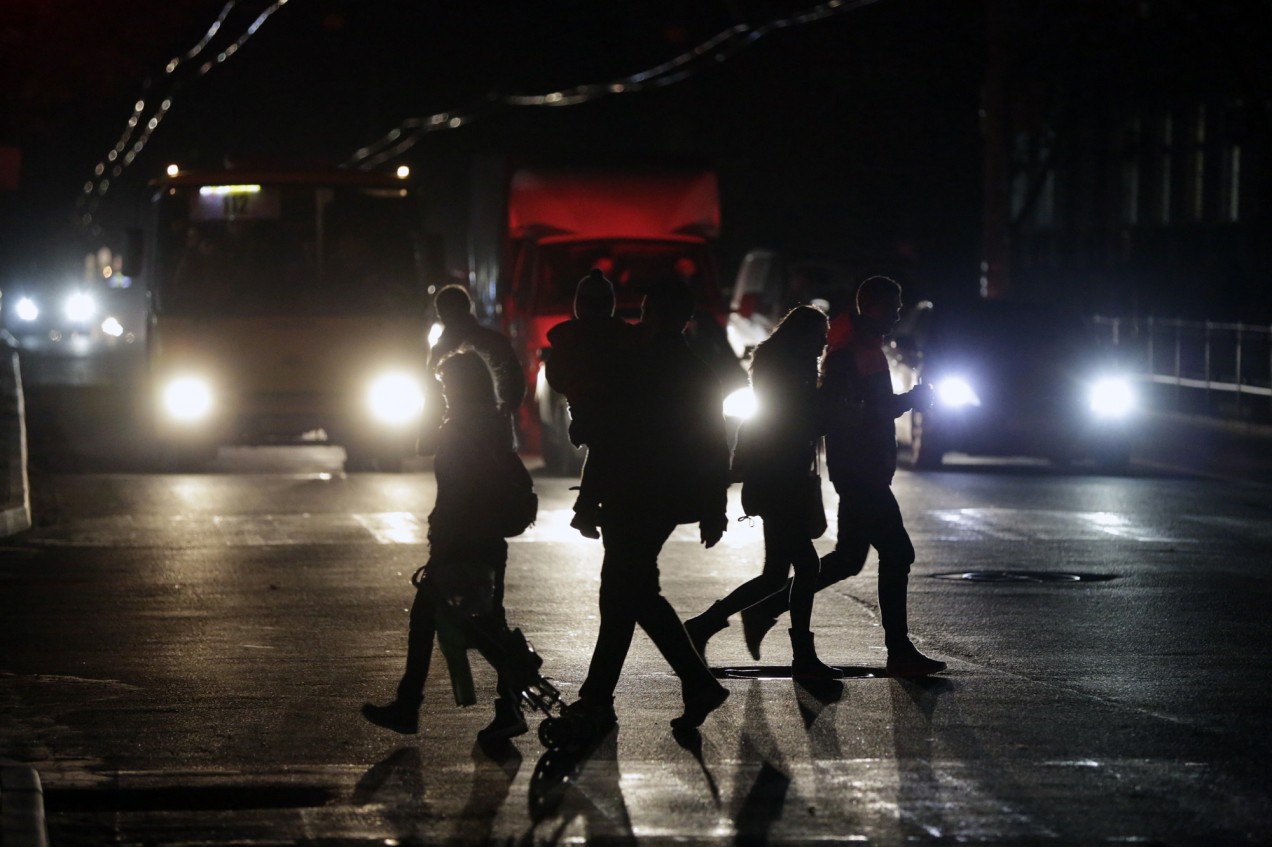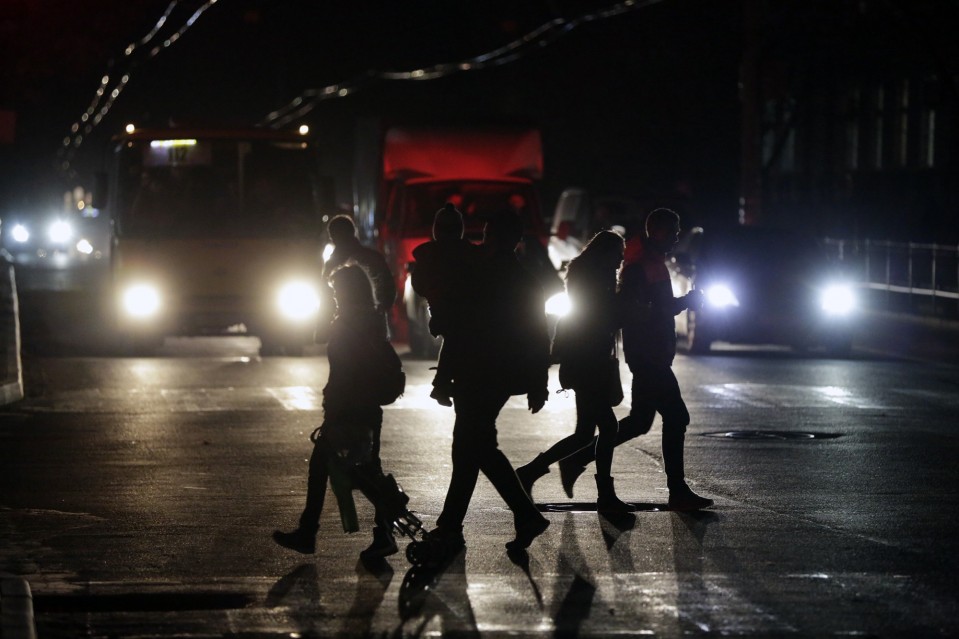

Connectivity
Ukraine’s Power Grid Gets Hacked Again, a Worrying Sign for Infrastructure Attacks
Russian hackers may be behind attacks leveled at the nation’s power grid and artillery. The West should take note.

Russian hackers have reportedly taken down power grids and tracked military units in Ukraine.
Security researchers at CrowdStrike believe that the hacking collective known as Fancy Bear, which was linked to hacking of Democratic National Committee’s e-mail servers earlier this year, used Android malware to track Ukrainian artillery units. The attack utilized code similar to that used in the DNC attack, but this time used it to retrieve communications and location data related to military assets since 2014.
Reuters suggests that the information could have been used by military forces to target the Ukrainian artillery. Pro-Russian separatists continue to battle Ukrainian government forces in eastern Ukraine.
Meanwhile, it has come to light that an unconfirmed group of Russian hackers took over computers at an electricity control center to plunge parts of the city of Kiev into darkness. The hackers apparently sent malware via e-mail to employees, allowing them to steal login credentials and shut down substations. All told, the attack took out 200 megawatts of capacity—about 20 percent of the city’s nighttime energy consumption.
An eerily similar incident hit the Ivano-Frankivsk region of Ukraine last December. At the time, it was widely viewed as the first major assault on a nation’s power grid. That such an attack should be leveled again is little surprise: CBS News suggests that this, too, is likely a product of tensions in eastern Ukraine.
But even though the attacks struck in eastern Europe, the West should pay close attention. “We can’t just look at the Ukraine attack and go ‘Oh, we’re safe against that attack,’” says Rob Lee, a security researcher who spoke to CBS News. Indeed, as Wired noted earlier this year, many parts of the U.S. grid are both less secure than Ukraine’s and would take longer to reboot in an emergency.
The threat, then, is real. At this point it’s widely believed that Russia was behind many of the hacks leveled at U.S. systems during the presidential election. There’s no reason to believe that physical infrastructure isn’t next on the list.
(Read more: Reuters, CBS News, Wired, “What the DNC Hack Says about Cyber-Based Threats to Democracy,” “Obama Demands the Facts on Election Hacks,” “IoT Botnets Are Growing—and Up for Hire”)
Advertisement